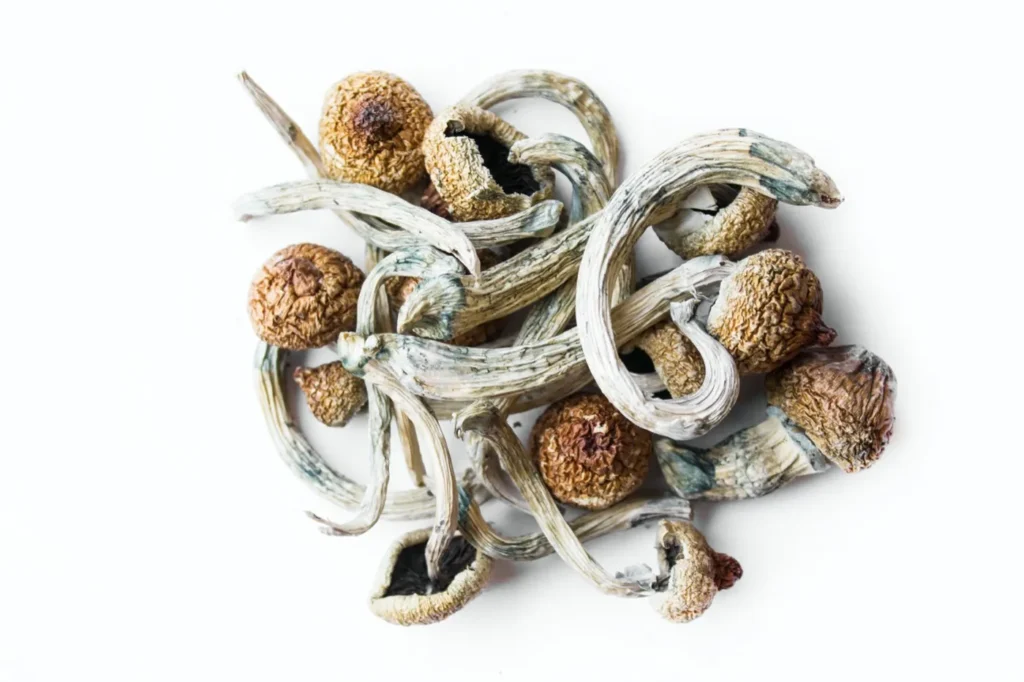A recent study has shown promising results for the use of psilocybin in treating obsessive-compulsive disorder (OCD).

Dried psilocybin mushrooms.
Obsessive compulsive disorder (OCD) is a highly prevalent disorder that causes serious disability, notes the study’s researchers. “Available treatments leave 40% or more of people with OCD significantly symptomatic”, leaving “an urgent need for novel therapeutic approaches.”
For this study, researchers conducted a randomized controlled trial on mice, which exhibit behaviors closely mirroring OCD symptoms in humans, such as excessive self-grooming and anxiety. The mice were divided into three groups: one receiving a single intraperitoneal injection of psilocybin, another receiving a psychedelic mushroom extract containing the same dose of psilocybin, and a control group receiving a vehicle injection.
Over a 21-day observation period, the vehicle-treated mice exhibited a substantial 118.71% increase in self-grooming. In contrast, mice treated with psilocybin showed a 14.60% decrease in self-grooming, while those treated with the mushroom extract showed a 19.20% decrease. These differences were statistically significant, indicating a notable effect of the treatments over time.
Additionally, secondary outcomes such as head-body twitches and anxiety also improved significantly in the treated groups. Notably, the beneficial effects of a single treatment persisted for up to seven weeks in responsive mice.
Interestingly, while both psilocybin and the mushroom extract were equally effective in reducing self-grooming, the mushroom extract was superior in alleviating head-body twitches and anxiety. This suggests that compounds in the mushroom extract beyond psilocybin may contribute to its therapeutic effects.
For more information on this study, click here.







